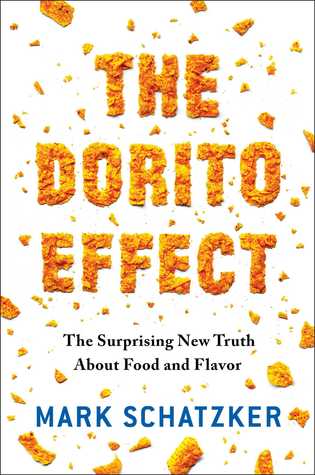I had a wretched meal the other day. One so bad I feel I have to tell you about it. See, what with family trips and unavoidable commitments, I hadn't made it to the Bellevue Farmers Market in weeks. Our meat supply in the freezer dwindled to one package of bacon. Our fresh fruit and vegetables were reduced to the tomatoes in my husband's garden and some mint struggling to survive in a pot on the porch. Desperate times.
So I went to the supermarket and bought some organic chicken to throw on the grill. I even made homemade barbecue sauce. How bad could it be, right? Grilling makes everything awesome, especially charcoal grilling.
It was t-e-r-r-i-b-l-e. The meat was both too chewy and flavorless, in spite of my doctoring. My 14-year-old son, never one to hold back on criticism (or on eating protein), told me, "Never make this again." He needn't have worried. As I chewed and chewed just for the heck of it, I made a vow that, the next opportunity I had, I would stock up on pastured, Market chicken, that such a fate would never befall us again.
It was only when I began reading my latest food-related book that I understood why that meal was so abysmal.
 |
| Read this book! |
Author Schatzker thinks about the familiar problems of rising obesity and its attendant ill effects from a new angle: that of flavor. How has the increasing lack of flavor in our high-yield crops and livestock, and the simultaneous manipulation of synthetic flavor to compensate, led to our weight issues? He calls this the "Dorito Effect," after that original taco-in-a-chip product that first fooled our palates into thinking we were eating one thing, when we were actually eating another.
This book is chock-full of fascinating stuff, and I'll probably say more in the future, but for the time being, I just want to list "all the ways the Dorito Effect appears to be turning us into nutritional idiots." Or, as I would subtitle it, "Seven Reasons My Chicken Was Dreadful," or, "Seven Reasons to Bypass Big Food for the Farmers Market."
- Dilution. With industrial livestock, it's been a race to produce the biggest animals the fastest and the cheapest. As Schatzker points out, we now effectively eat bloated babies fed high-yield grains coated in synthetic flavors to boost consumption. Since flavor in meat depends on what the animal ate and its age, we've experienced a decline in flavor.
- Nutritional decapitation. Synthetic flavors (which include both "natural" and "artificial" flavors) imitate the tastes we find in our favorite foods, without being also able to imitate the nutritional value of those foods. No fiber, no antioxidants, no vitamins, no minerals.
- False variety. Animals left to themselves crave variety in foods to ensure they get what they need and avoid what they don't need. (Ask me about my consuming craving for barbecue beef ribs during my first pregnancy--I'm forever low on iron.) Synthetic flavors fool our mouths into thinking we're getting this variety.
- Cognitive deception. Is there really any fruit in that yogurt? That snack bar? Or are we just being led to think so (and pay as much) by the added fake flavors and marketing?
- Emotional deception. Our favorite foods usually have great memories and feelings attached to them. When we hijack the flavors and attach them to something else (usually not as nutritious and high in calories), we assign this heightened pleasure to something not nutritionally deserving.
- Flavor-nutrient confusion. While the synthetic flavors may fool our palates and encourage us to eat more, our bodies are not satisfied. We still need what we need to function, after all. So we eat more. And more. And more.
- Feeding ourselves like livestock, with the attendant results. Because animals don't like to be penned up and fed the same bland grains and soybeans day after day, farmers have to dress up the food with "palatants." Fooled by the new yumminess, the animals gorge and fatten up nicely. Well, as Michael Pollan pointed out way back in The Omnivore's Dilemma, humans also eat plenty of corn and soy in our processed foods (and because our meats ate them). And, just like the livestock, we add fake flavor to make it taste like a host of different things, so we don't get bored. And, just like the livestock, we've fattened up nicely.
| Homemade pico de gallo |



